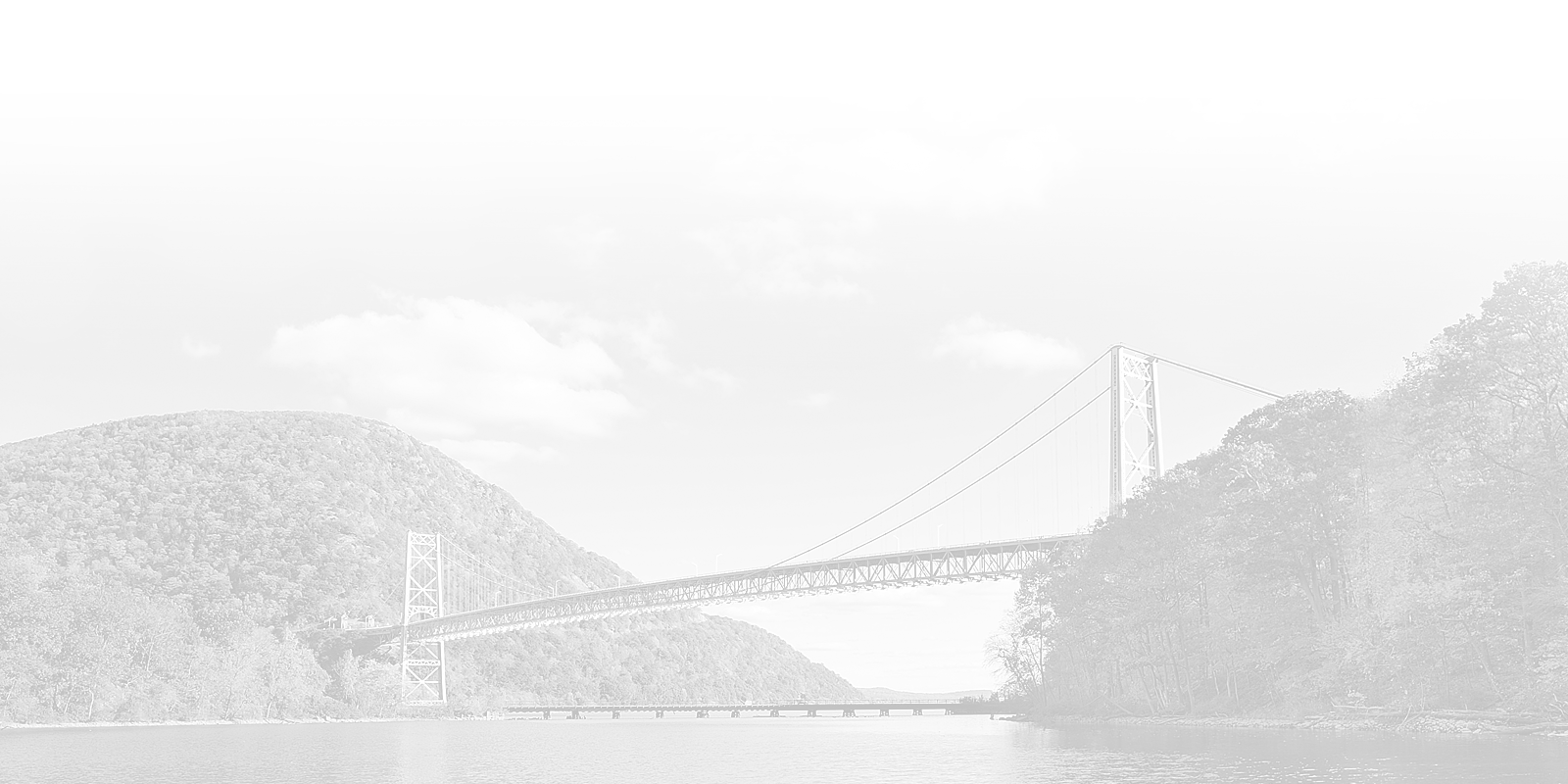Tesla’s Shareholders Call to Prevent Child Labor and Forced Labor in Supply Chains

Requested report would specify if and how Tesla plans to implement supply chain tracing and concrete steps to ensure full supply chain transparency.
** Originally published on 2 May 2023 on As You Sow’s press release page **
FOR IMMEDIATE RELEASE
MEDIA CONTACT: Stefanie Spear, sspear@asyousow.org, 216-387-1609
BERKELEY, CALIFORNIA—MAY 2, 2023—Tesla shareholders will have the chance to vote on a floor proposal filed with Tesla at its annual general meeting on May 16. The floor proposal, filed by As You Sow on behalf of Investor Advocates for Social Justice (IASJ), asks Tesla’s board to issue a report describing if and how Tesla plans to eradicate child labor and forced labor from its supply chain by 2025 and introduce more supply chain transparency.
With increased public and regulatory attention on child labor and forced labor in supply chains, Tesla’s sourcing policies and practices expose the company to significant material risk. The company is already facing risk from poor governance, highlighted in a recent investor letter sent by 17 institutional investors who hold more than $1.5 billion of Tesla stock.
“Child labor and forced labor are very real, very relevant concerns for companies, consumers, and legislators,” said Courtney Wicks, executive director of IASJ. “The New York Times exposé on the persistence of child labor in the U.S. and a Reuters investigation on child labor in a prominent automaker’s supplier’s plant illustrate the growing momentum and awareness around eradicating child labor.”
Tesla sources cobalt for its electric batteries from mines in the Democratic Republic of Congo (DRC). It claims that it does “not source from artisanal and small-scale mining,” which is typically at risk of using child labor. Yet, two recent investigations focused on mining in the DRC assert that it is almost impossible to separate the flow of artisanal and small-scale mining cobalt from the larger supply of industrially mined cobalt.
A recent report also concluded that Tesla’s supply chain in the Xinjiang Uygur Autonomous Region has been “substantially tainted with forced labor.” Recent legislation and an ongoing Senate Finance Committee inquiry further highlight the regulatory risk to Tesla and several other automakers from human rights violations in their supply chains.
Human rights risks have been a long-held concern of shareholders. IASJ and the Sisters of the Good Shepherd have filed three previous proposals at Tesla focused on cobalt sourcing from the DRC. A 2019 As You Sow proposal asking company Amphenol to share processes for identifying and analyzing potential and actual human rights risks of its operations and supply chain received support from almost 50% of shareholders.
IASJ actively engages companies to address forced labor and child labor within their supply chains. As part of its Shifting Gears Campaign, IASJ published a report detailing forced labor and child labor in the automotive supply chain, launching engagement with automakers on these issues.
# # #
As You Sow is the nation’s leading shareholder advocacy nonprofit, with a 30-year track record promoting environmental and social corporate responsibility and advancing values-aligned investing. Its issue areas include climate change, ocean plastics, pesticides, racial justice, workplace diversity, and executive compensation. Click here for As You Sow’s shareholder resolution tracker.
Investor Advocates for Social Justice (IASJ) is a nonprofit organization representing investors with faith-based values who seek to leverage their investments to advance human rights, climate justice, racial equity, and the common good. IASJ engages companies to address strategic environmental, social, and governance issues and advocate for change.

